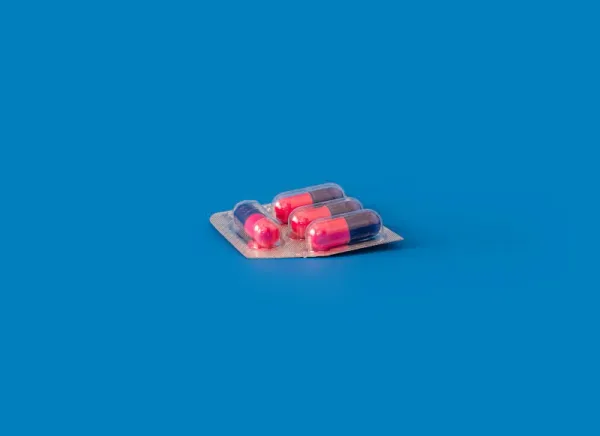Lizzo's as a lens on GLP1 public opinion
We view the the reflection of public opinion on GLP1s and drugs like Ozempic, Mounjaro, and Zepbound through an unusual lens: Lizzo.
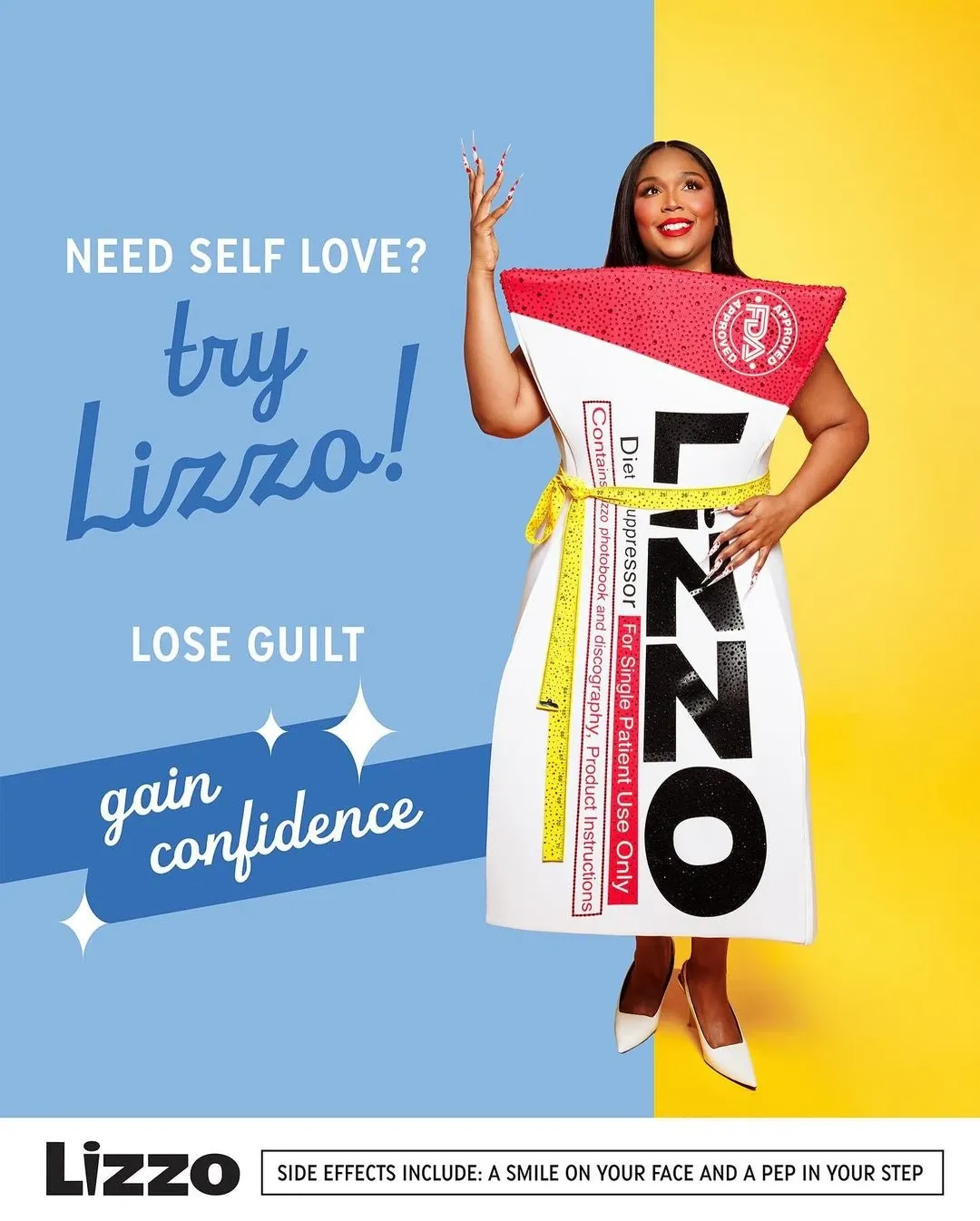
While the benefits of GLP1s are quite well known and well researched, the public continues to struggle with the idea of using medication to treat maladies like obesity.
Lizzo, a famous entertainer famous for body positivity messaging has been in the spot light in the last year and more recently, with allegations that she has been using Ozempic (and broadly the GLP1 Receptor Agonist class of drugs) to achieve her weight loss goals.
Check out our quick explainer
South Park's "The End of Obesity" special
South Park, a satirical comedy show focused on social commentary was one of the first to publicly lampoon Lizzo among many others in a special about Ozempic:
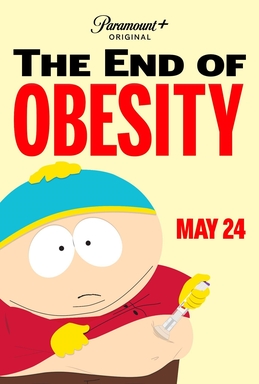
Lizzo reacted to this quite gracefully, noting that while her original fears of being parodied on South Park were large – she noted eventually being proud to be featured on the now iconic show, as reported by USA Today:
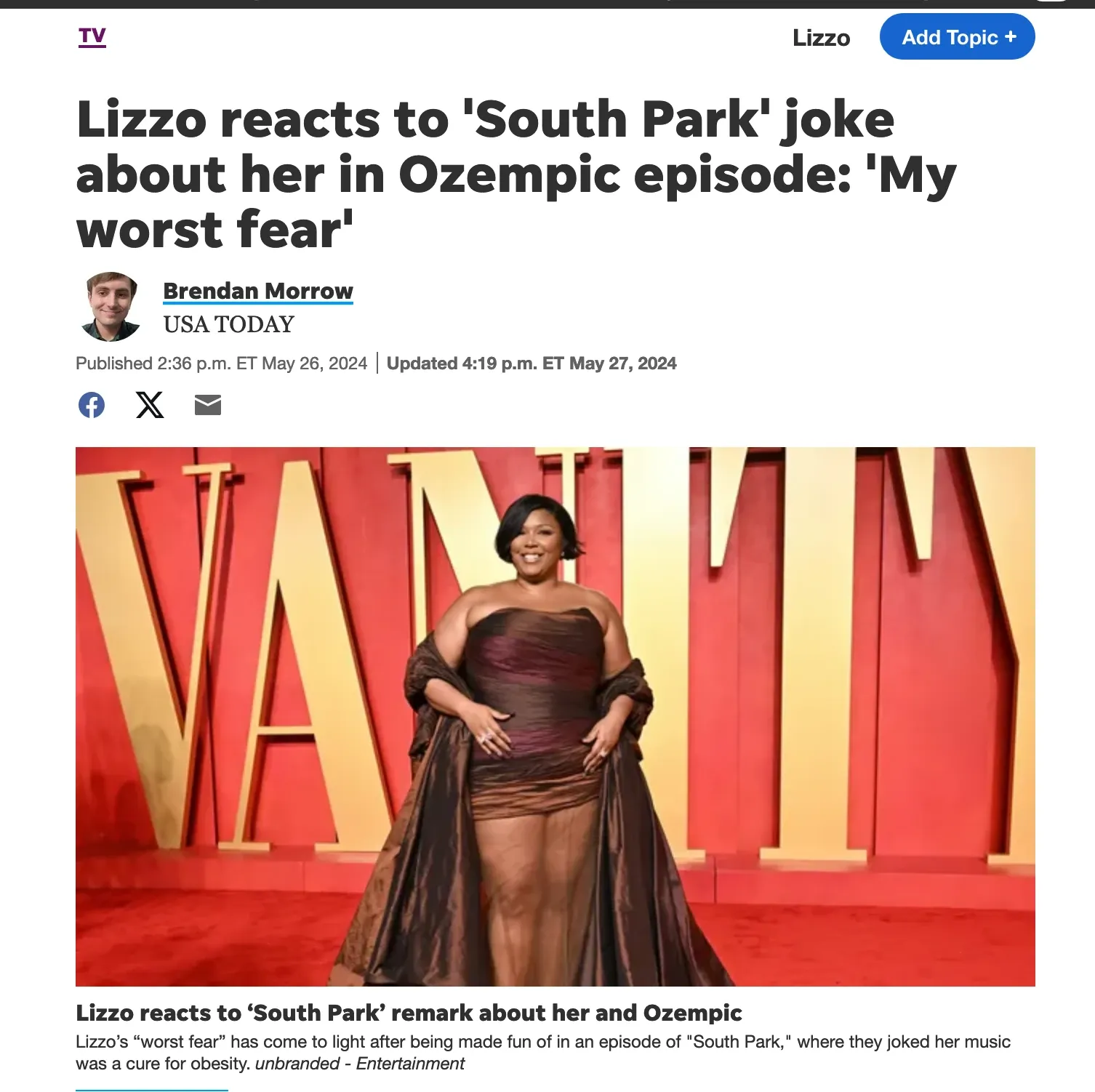
In the episode, "Lizzo" was a parodied diet drug, marketed to make people "feel good about their weight", in a similar style to many drug commercials popular today:
South Park is famously tongue-in-cheek, even going so far as to cover the gap many consider nonsensical between the covered and uncovered usages of GLP1 Receptor Agonists:
At the start of the "South Park" episode, Eric Cartman's doctor recommends he go on a weight-loss drug, but Cartman learns it will cost him $1,200 a month because his insurance won't cover it. "Insurance companies only cover the medication for diabetes, not for weight loss, so if you can't afford them, you're just kind of out of luck," the doctor says. As an alternative, he writes Cartman "a prescription for Lizzo."
Use of Ozempic still an "accusation"
Lizzo's time in the spotlight was far from over though, as she's also dealt with negative press that speculated her recent weight loss was due only to the use of Ozempic, which is still demonized in some circles, as reported by People Magazine:
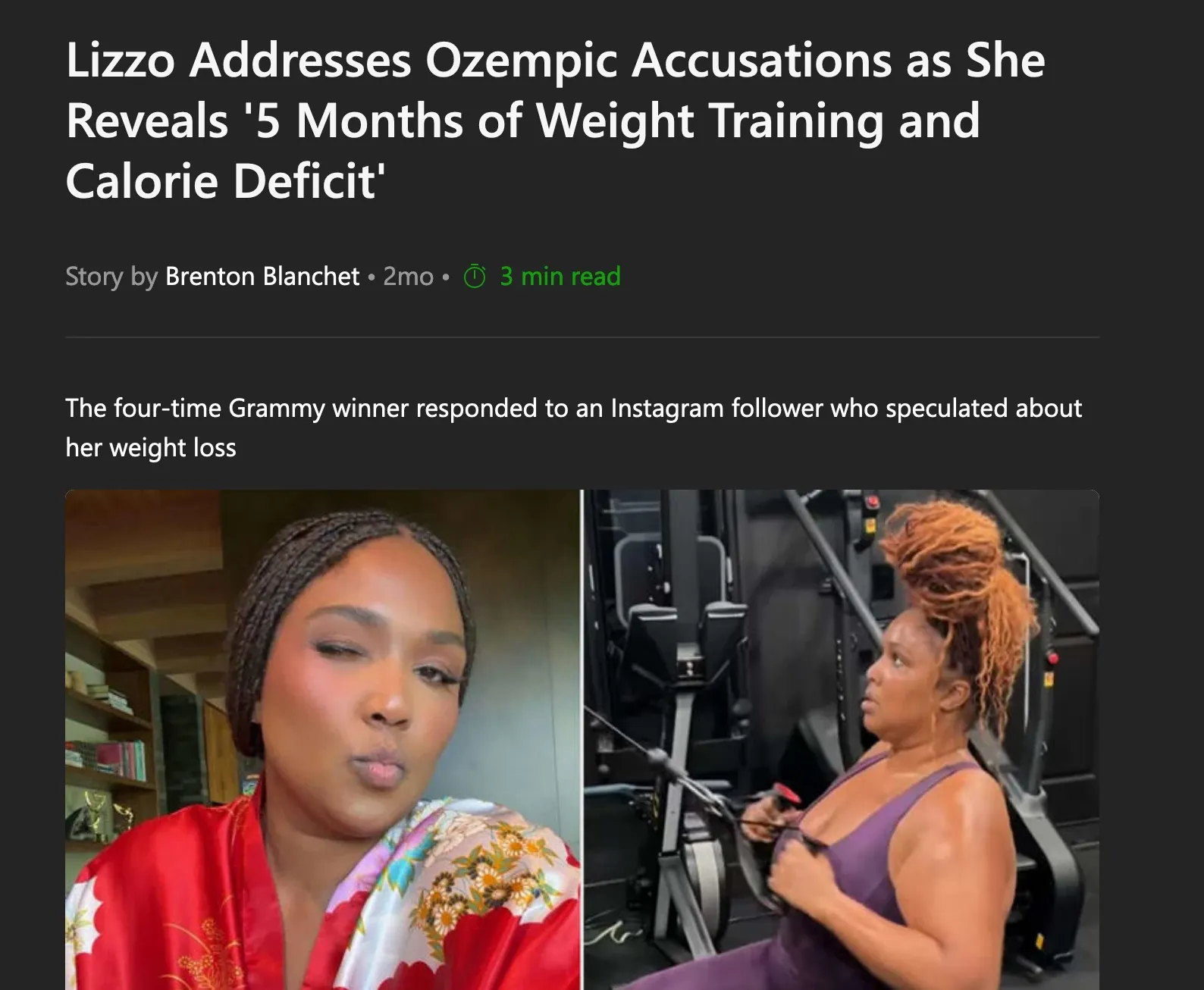
Even with well established treatments for what many consider a chronic disease, some parts of the general public still see Ozempic and other GLP1 drugs as a cause for jeers.
Lizzo took this in stride, however:
When you finally get Ozempic allegations after 5 months of weight training and calorie deficit," she captioned the clip, soundtracked by a popular TikTok audio of Christoph Waltz's character in Django Unchained saying, "It's like a reward."
As in the past, most public discourse on GLP1s is skewed
GLP1 Receptor Agonists are incredibly effective drugs which help reduce life threatening disease for most people that take them.
As in the past, many of the public discourse is oddly tilted, with terms like "Ozempic face" and negative connotations implied and speculation created about people who sought help when dealing with obesity:
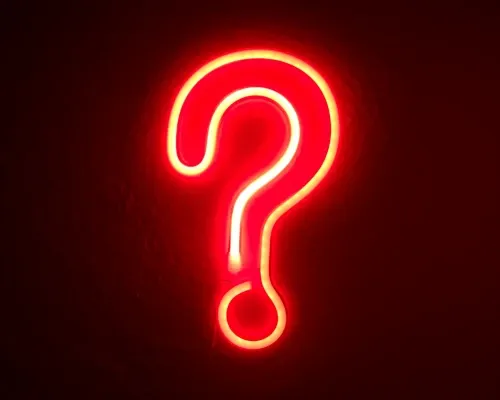
Usage of GLP1s continues to rise
It's important to note that while the public perception may seem to be negative or many people may loudly jeer at the use of Ozempic, the usage of GLP1s continues to rise – leading to an actual decline in obesity:

While GLP1 Receptor agonists are not miracle drugs, and do not work for everyone, their effects seem to be heavily positive, on balance – regardless of public opinion.





